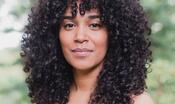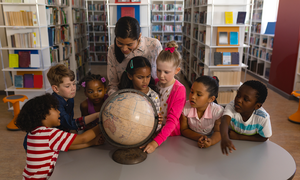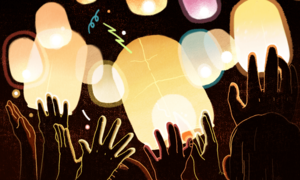author
Sumant Bhat
Sumant Bhat became head of the middle school at St. Anne’s Episcopal School—a PS-8 school in Denver, Colorado—in 2014. In addition to his work on curriculum and programming, he leads diversity training and growth for all faculty and staff and the school’s Multiculturalism and Inclusion Committee. Prior to St. Anne’s, Sumant worked at three other independent schools as a teacher, advisor, coach, department chair, dean of middle school, international trip coordinator and admissions staff member. Sumant holds a B.A. in economics and psychology from Williams College and an M.A. in educational


